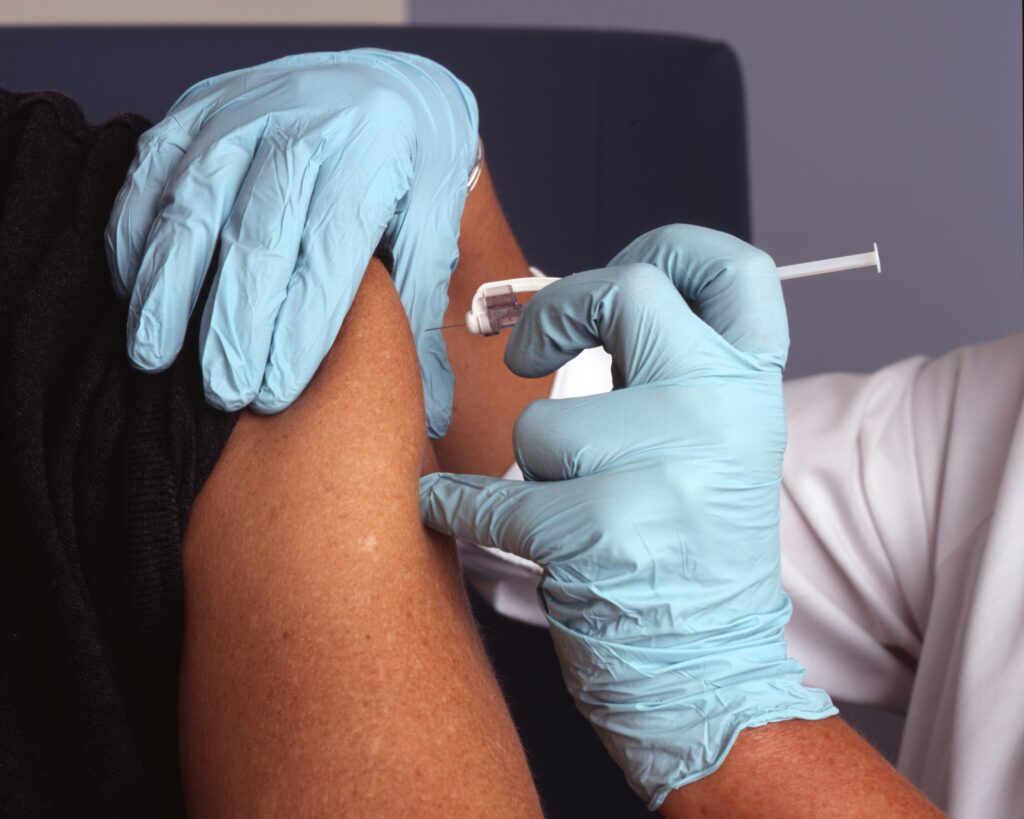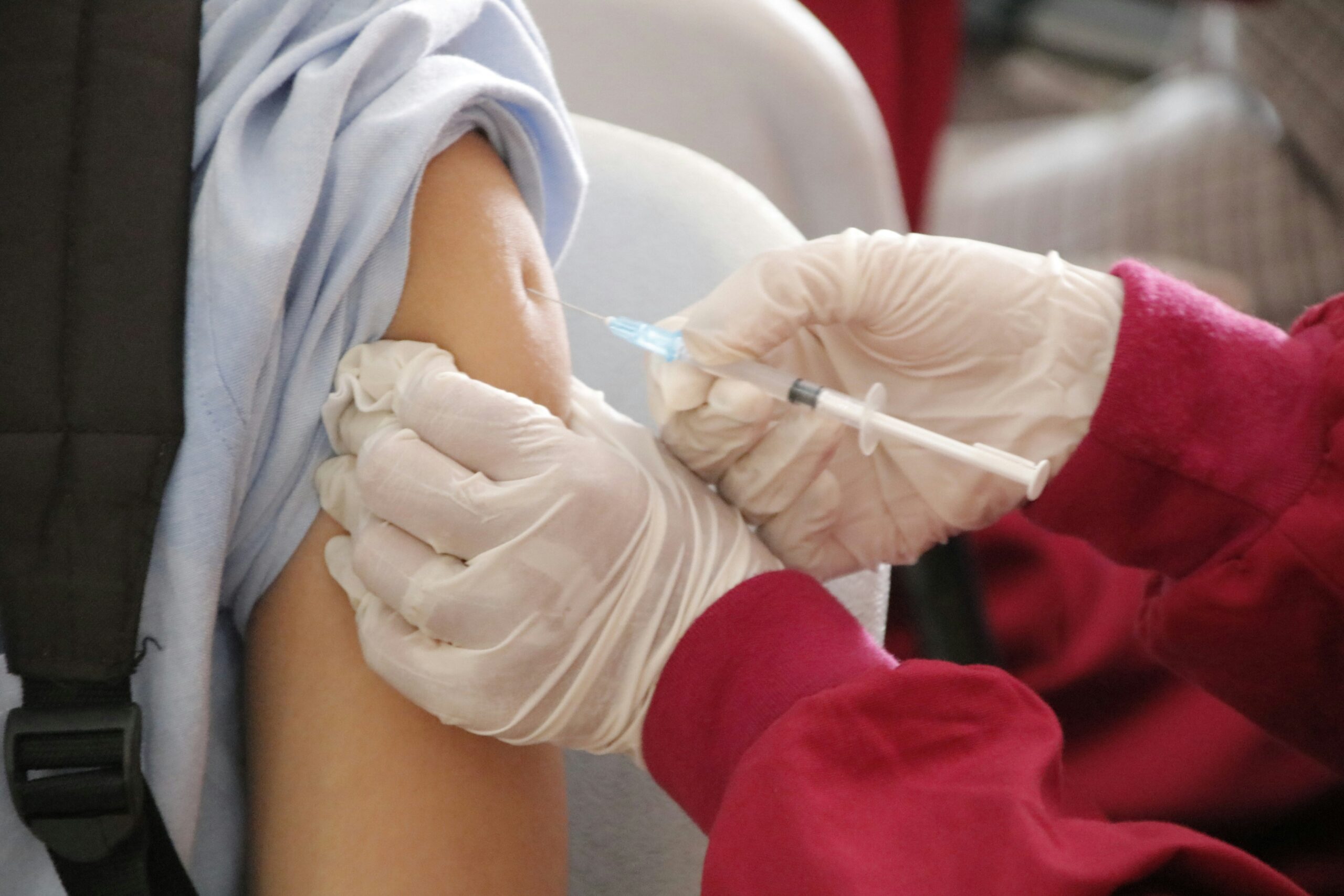Universal Chickenpox Vaccination is a critical topic in public health. Discover why this vaccine is essential, the challenges in adopting it, and the latest recommendations for protecting children and adults alike.

© Provided by The i
Universal Chickenpox Vaccination: Why It Matters
Universal Chickenpox Vaccination is a subject that brings up both health and ethical considerations. Chickenpox, or varicella, is a highly contagious disease that many people might remember as a mild childhood illness. However, the reality is that chickenpox can have severe complications, including brain swelling, lung infections, and, in rare cases, even death. Despite its risks and the availability of an effective vaccine, many wealthy countries have not included chickenpox vaccination in their routine immunization schedules. This includes nations like the UK, Norway, and the Netherlands.
Why Haven’t We Vaccinated Against Chickenpox?
The main reason for the hesitation in adopting Universal Chickenpox Vaccination is a theory known as the “exogenous boosting hypothesis.” According to this idea, if children contract chickenpox and later come into contact with the virus again as adults, it can act as a natural “booster” against shingles, a more serious disease caused by the same virus. The concern is that widespread vaccination might reduce the natural exposure to the virus, potentially leading to a rise in shingles cases among adults.
Older studies and models have supported this theory, influencing vaccination policies in many countries. However, recent data, particularly from the United States, challenge this hypothesis. The UK’s Joint Committee on Vaccination and Immunisation (JCVI) has reviewed newer evidence and found that the link between chickenpox vaccination in children and increased shingles rates in adults is weaker than previously thought.
Ethical Considerations of Chickenpox Vaccination
Another crucial aspect of the debate over Universal Chickenpox Vaccination involves ethics. Even if the exogenous boosting hypothesis were correct, it raises an important moral question: should we expose children to a preventable disease, with all its associated risks, to potentially protect adults from shingles?
Many ethicists argue that it’s wrong to let children suffer from a disease when a safe and effective vaccine is available. This perspective is reinforced by the fact that there is now a shingles vaccine for adults. This means that adults, particularly those who are vulnerable due to other medical conditions, can protect themselves from shingles without relying on the natural spread of chickenpox among children.
The Role of Medical Ambition
A third argument for Universal Chickenpox Vaccination is the broader goal of disease eradication. The exogenous boosting hypothesis assumes that chickenpox will continue to circulate, albeit at lower levels. However, if vaccination efforts are effective, we could reduce chickenpox rates so significantly that the disease might be nearly eradicated. This ambitious goal aligns with the successes of other vaccination programs, such as those for smallpox and polio.
The JCVI’s Recommendation
Given the updated data and ethical considerations, the JCVI has recently recommended that the chickenpox vaccine be included in the UK’s routine immunization schedule for 12- and 18-month-old babies. This recommendation marks a significant shift in public health policy, reflecting a growing consensus that the benefits of Universal Chickenpox Vaccination far outweigh the potential risks.
Benefits of Universal Chickenpox Vaccination
The main benefits of Universal Chickenpox Vaccination include reducing the incidence of chickenpox among children, which can lead to fewer complications and a lower burden on healthcare systems. Additionally, with the availability of shingles vaccines for adults, there is a viable alternative to relying on natural chickenpox exposure to prevent shingles.
By implementing universal vaccination, we not only protect children from a potentially dangerous illness but also contribute to the overall goal of reducing and eventually eradicating chickenpox. This approach helps ensure that future generations are less likely to suffer from both chickenpox and its complications.
Conclusion
The push for Universal Chickenpox Vaccination is driven by a combination of new data, ethical considerations, and long-term public health goals. As more evidence supports the safety and efficacy of the chickenpox vaccine, and with the availability of shingles vaccines for adults, the argument for including chickenpox in routine immunization schedules becomes stronger. The JCVI’s recommendation is a step towards better protecting children and adults alike, ultimately aiming for a healthier future free from the risks associated with chickenpox and shingles.
Related:
Mpox Clade 1 UK Threat: 5 Deadly Facts You Must Know



